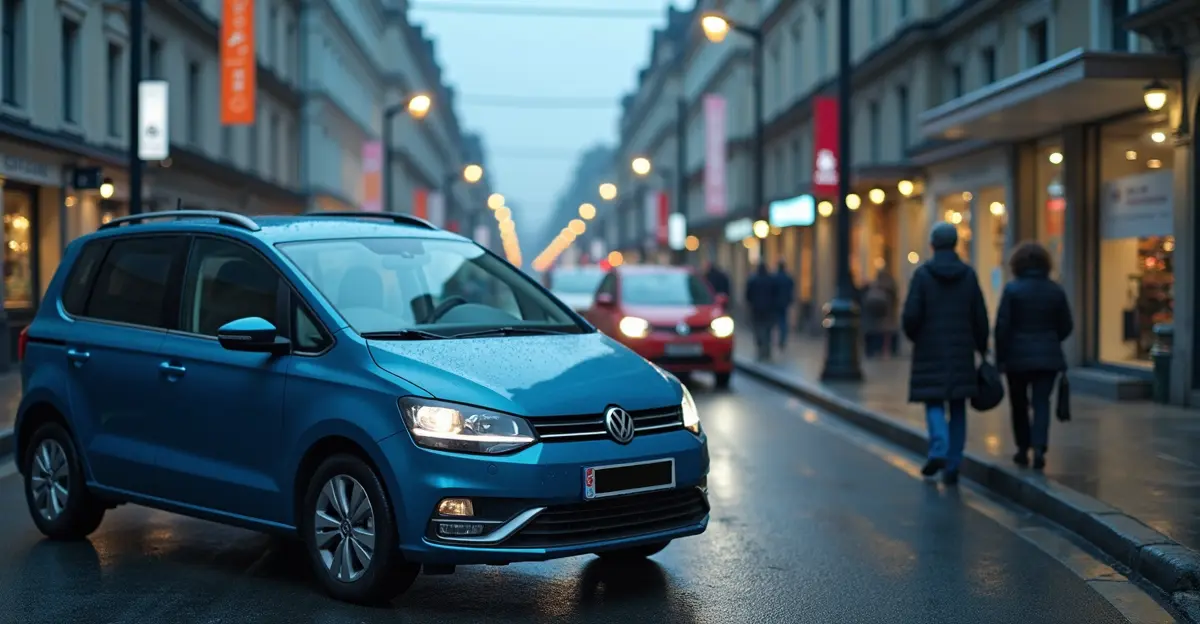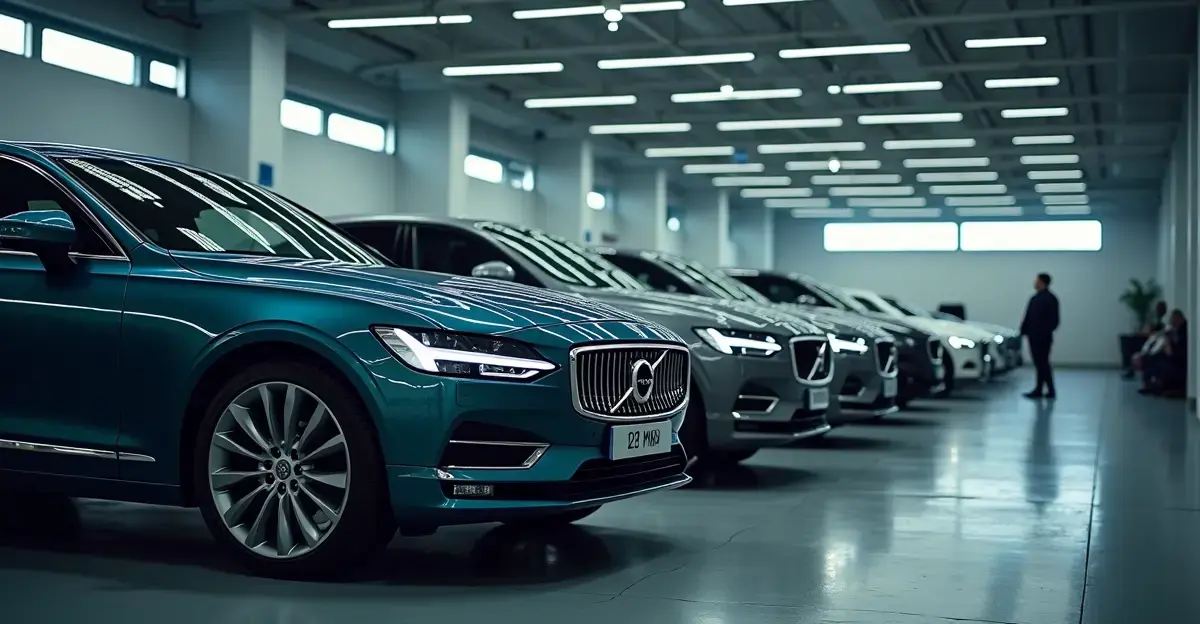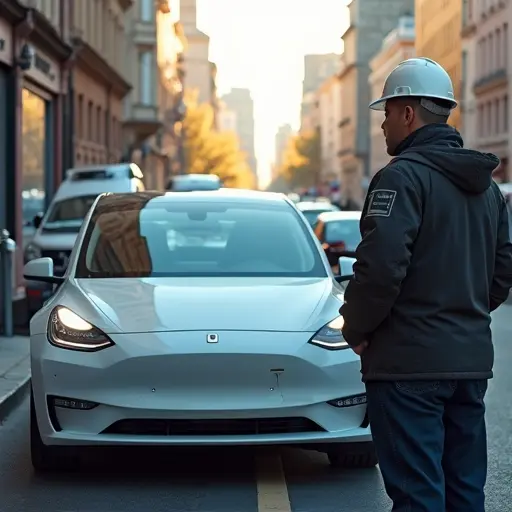Germany's auto industry faces massive job losses and profit declines, prompting Chancellor Merz to challenge the EU's 2035 combustion engine ban. The sector has lost 51,500 jobs in one year with 90,000 more at risk.

German Auto Industry Faces Perfect Storm
Germany's automotive sector, once the pride of European manufacturing, is facing its most severe crisis in decades. Chancellor Friedrich Merz hosted an emergency summit at the Chancellery in Berlin today as major manufacturers including Volkswagen, BMW, and Mercedes-Benz report plummeting profits and massive job losses. 'We are presenting no ready-made political position, we want to talk with the auto industry to hear what we must do to get out of the heavy crisis in Germany,' Merz stated ahead of the meeting.
Massive Job Cuts Rock Industry
The scale of the crisis is staggering. According to recent data, the German auto industry has lost approximately 51,500 jobs in the past year alone - representing nearly 7% of its workforce. The economic research institute IW predicts another 90,000 positions could be at risk over the next five years. The world's largest auto supplier, Bosch, recently announced it would cut 13,000 jobs in Germany, while Volkswagen plans to eliminate 35,000 positions by 2030.
The industry's struggles reflect broader economic challenges for Europe's largest economy. Germany has experienced two consecutive years of recession, with auto exports to the United States dropping 8.6% in the first half of 2025. 'The German economic weakness is, also in the auto industry, not caused by too much climate protection,' countered Environment Minister Carsten Schneider from the SPD.
EU Combustion Engine Ban Under Fire
At the heart of the crisis lies the European Union's planned 2035 ban on new combustion engine vehicles. Germany, which reluctantly agreed to the measure several years ago, is now leading efforts to reverse the decision. In a surprise move, German Economy Minister Katherina Reiche and Italy's Industry Minister sent a joint letter to the European Commission calling for an immediate change of course for the auto industry.
The letter created tensions within Germany's coalition government, with Social Democrats expressing outrage at not being consulted. 'E-mobility is the future, and that's what the industry is focusing on,' Schneider emphasized. 'To make that transition, planning certainty is needed, and reliable legal conditions.'
Domestic Measures and International Competition
While Merz focuses on changing European policy, his government has introduced domestic measures to boost electric vehicle adoption. The exemption from motor vehicle tax for electric cars has been extended, and the government is planning €3 billion in EV purchase incentives for low- and middle-income households.
However, these measures face significant headwinds. Less than one in five new cars sold in Germany this year has been electric, making the country's own climate goals appear increasingly unattainable. Meanwhile, German manufacturers face intense competition from Chinese EV makers like BYD, who are gaining market share with affordable, well-equipped vehicles.
The European Commission has already pledged to fast-track a review of the 2035 ban, originally scheduled for 2026, with a proposal expected by December. European Commission President Ursula von der Leyen has hinted at potential changes, stating the EU will combine decarbonisation and technological neutrality, suggesting other low-emission technologies may be allowed after 2035 alongside electric vehicles.
As the crisis deepens, Germany's auto industry finds itself at a critical crossroads - torn between climate commitments and economic survival, with hundreds of thousands of jobs hanging in the balance.

 Nederlands
Nederlands
 English
English
 Deutsch
Deutsch
 Français
Français
 Español
Español
 Português
Português









